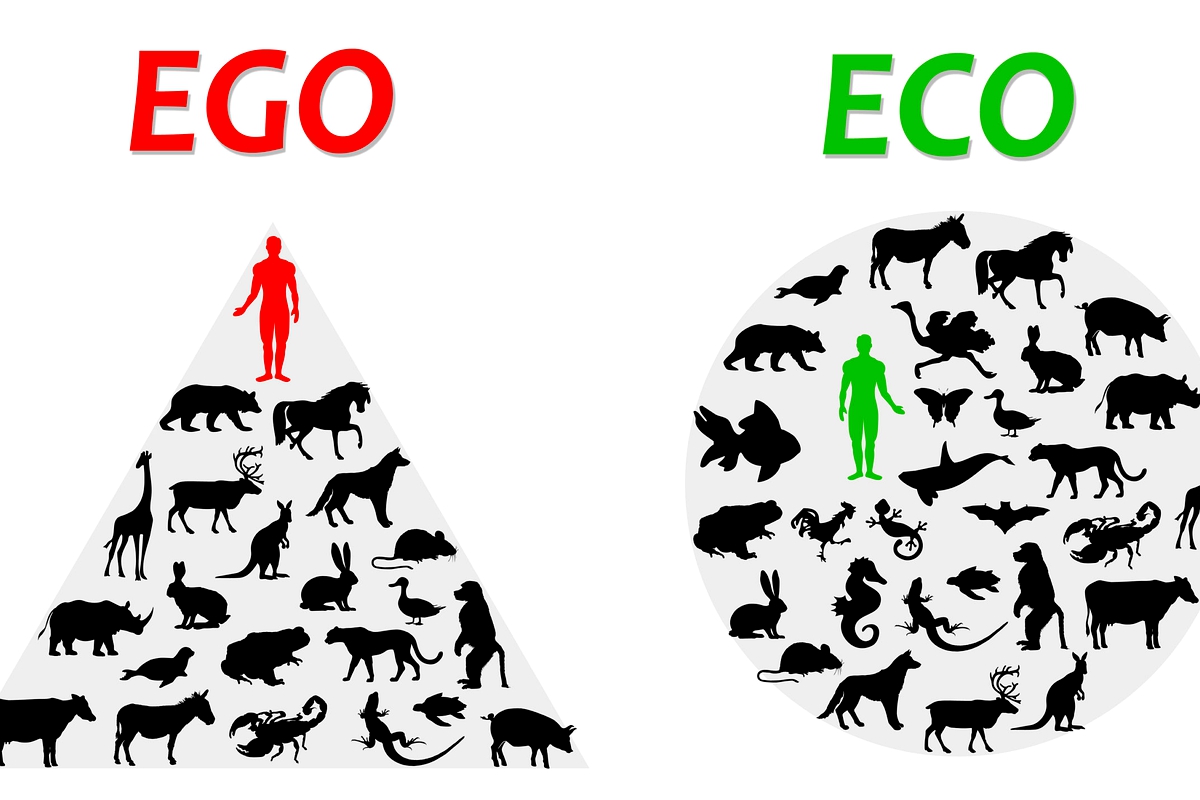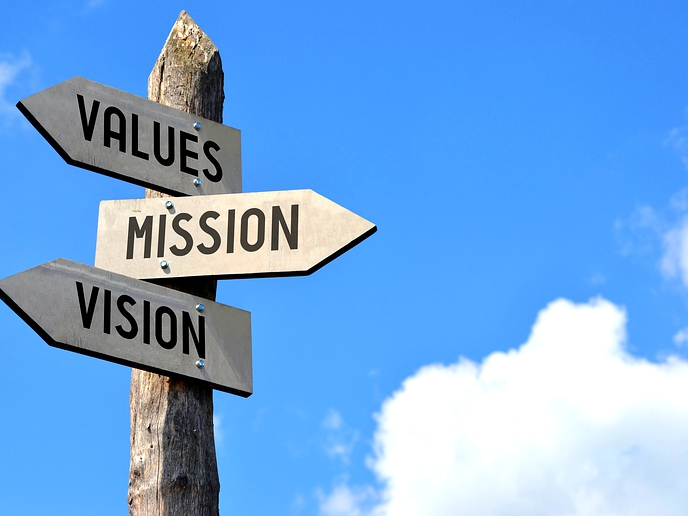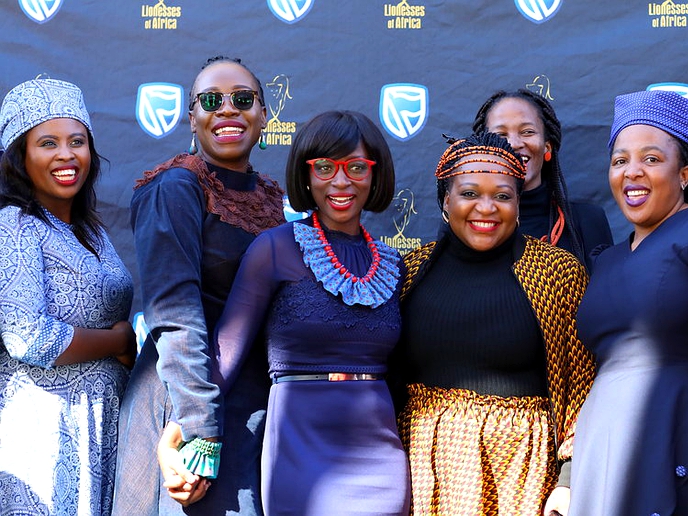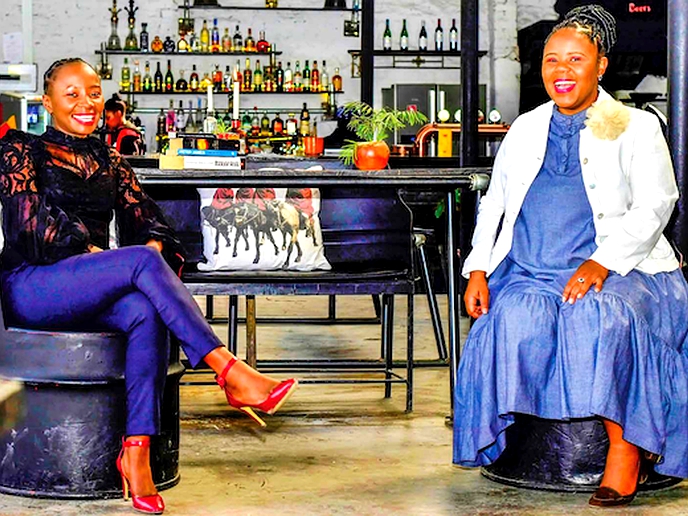Last week I introduced the work of Professor Otto Scharmer of the Presencing Institute and MIT Sloan School of Business. Professor Scharmer’s work brings awareness around the egosystems that we have constructed as human beings, in ordering our economic and social systems. Egosystems mindsets focus on hoarding, economic exploitation, and selfishness.
comments
Sept. 11, 2020
Mothepa Ndumo
4 min read
Moving From An Egosystem To An Ecosystem And Creating Lesotho Inc (Part 2)

The results of this type of mentality can be seen everywhere but of most concern to us is the exclusionary nature of the egosystem we call capitalism. I used to consider myself a Communist, then I tempered it down to Socialist until I realized that these labels actually restrict our thinking and tend to put us inside neat little boxes which stereotype and limit us. Free markets and free enterprise are not a bad thing but the orthodoxies around them have tended to be just as extreme as, for example, Communism. Classical free-market ideologies have been just as discredited as Communism or any other extreme ideology for that matter.
We have the responsibility of ordering our social and economic systems in ways that will yield positive benefits for the whole house (humanity) and in Lesotho’s case, we are talking about Moshoeshoe’s House. I am therefore now less interested in fixed labels and more energized by results, flexibility, innovation, and creating new thinking and new, emerging social and economic systems grounded inhumaneness, common sense, and what is good for most, if not all, of us.
It is not commonsensical, nor good for all of us if 99% of the population is excluded from enjoying the spoils of our economy. Using any metric known to mankind, this is unsustainable and unethical. What will propel us forward sustainably are ecosystems as explained last week? Are we aware that without that consciousness we will say we want one thing (which we often do, everyone seems to be offended by poverty and social injustices) but do quite the opposite and never achieve our objectives?
Our thinking, beliefs, values, practices must align with this noble objective of building sustainable value chains in Lesotho.
For the longest time as Basotho, we have subsisted on an erroneous notion of separateness and competition from a place of ego, and yet, I find, as I look back into history and the wisdom of our ancients, that that is not who we were. There may be nothing “wrong” with competition and competitive advantage from a value chain perspective provided we are proceeding from a more altruistic place than an egocentric place. Much of the literature on value and supply chains that I have read, contains references to this notion of “competitive advantage.” Let us contextualize this a bit, in a market as relatively small as ours, to what extent can we create a healthy (ecosystem) but robust competition between firms in these value chains? I am increasingly buying the argument that taking our context into account, we need some form of innovative, collaborative centralized planning of our economy to the very last dot. In an ecosystem, the economies of Lesotho Inc would be planned and implemented with extreme granular attention to detail to ensure that ours is a
well-oiled machine that yields the best outcomes like clockwork. We need to identify key sectors of our economy where we must establish this competitive advantage for the export market and plan the entire value and supply chains to the very last T.
But we need to do this in a way that is as broad-based as is humanly possible. Think of this entire country, Lesotho Inc, and every single citizen as a shareholder in these key sectors.
Enjoy our daily newsletter from today
Access exclusive newsletters, along with previews of new media releases.
We cannot successfully do this though unless we delve a little deeper into our individual and collective norms of thought, belief, speech/narrative, and the resultant toxic behavior that we currently witness as a Nation.
We cannot successfully do this unless we understand ourselves, study our group dynamics, and our cultural dynamics better as a Nation. If you look at all the actors and the elements of value and supply chains, you will notice that one essential ingredient underpinning the entire edifice is collaboration.
Economic collaboration has saved the day for economies such as those we see being run in Singapore, Ethiopia, and Rwanda. In 2018, I created an economic collaboration concept that I believe is more in sync with the times we are living in and adaptable to suit future circumstances. It is called Emporium Thinking and it emphasizes economic collaboration of scale underpinned by collaborative mindsets. The first publication of Emporium Thinking was in Startup Africa and work is afoot to continue this research.






